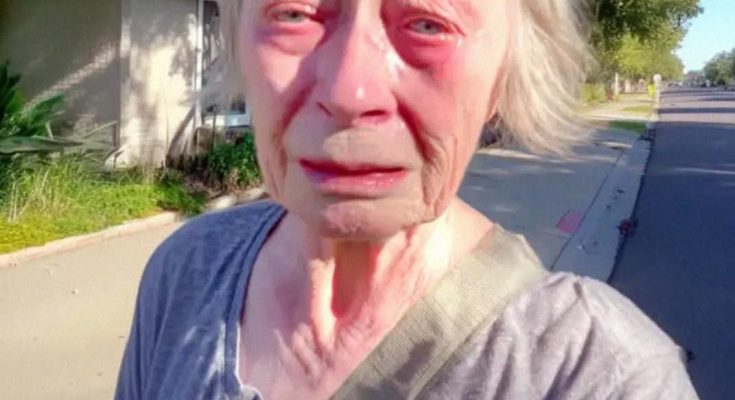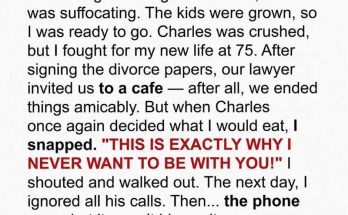I’ve always believed that love is what you do, not just what you say. That belief shaped my entire life — as a wife, a mother, and later, as a grandmother. But sometimes, love can blind you. It can make you too generous, too willing to sacrifice, until someone you raised, someone you’d give your life for, turns around and wounds you in a way you never thought possible.
My name is Martha. I’m 72 years old. My life has been defined by family, by books, and by survival.
I married my husband, Bill, when I was 19. He was a factory worker, broad-shouldered and gentle. We bought a small bungalow with creaky floors and ugly wallpaper, but it was ours. We dreamed of filling it with laughter and children. Those dreams were cut short when, one icy morning, Bill left for work and never came home. A factory accident took him from me, and I was left with a four-year-old daughter and a mountain of bills.
I worked as a librarian for forty years. It wasn’t glamorous, and the paycheck was meager, but I learned how to stretch pennies until they cried. I clipped coupons, sewed dresses from discount fabric, and turned chicken bones into broth that lasted three days. My daughter Angela never went hungry. She never went without love.
When Angela grew into a young woman, she gave me my granddaughter, Riley. And from the moment I first held that baby, I thought: I know why I survived all that grief. It was for her.
And I hung up.
For the first time in years, I baked blueberry muffins and ate them in peace. I wasn’t angry. Just… done.
But then, days before the wedding-that-wasn’t, there was a knock at my door.
Riley stood there, mascara streaked down her cheeks. She collapsed into my arms.
“Grandma, I messed up,” she sobbed. “I got so caught up in the image, the influencers, the perfect wedding. I forgot who I am. I forgot who raised me.”
Her words broke me all over again. Because beneath the vanity, beneath the hurt, I saw my granddaughter. The little girl who once whispered, “You’re the only person who really gets me.”
“Will you still come?” she begged. “Will you walk me down the aisle?”
I held her, and after a long silence, I whispered, “Yes. But this time, we do it together.”
The wedding wasn’t at a vineyard. It was in a community garden behind the library where I had worked my whole life. Riley wore a simple dress. A local jazz trio played under string lights. There was no chocolate fountain, but there was joy — real, unfiltered joy.
And when I walked her down the aisle, she looked at me and said, loud enough for everyone to hear:
“This is the woman who saved me. More than once.”
Sometimes love is quiet sacrifice. Sometimes it’s setting boundaries. And sometimes, it’s giving someone a second chance when they finally understand what family really means.


